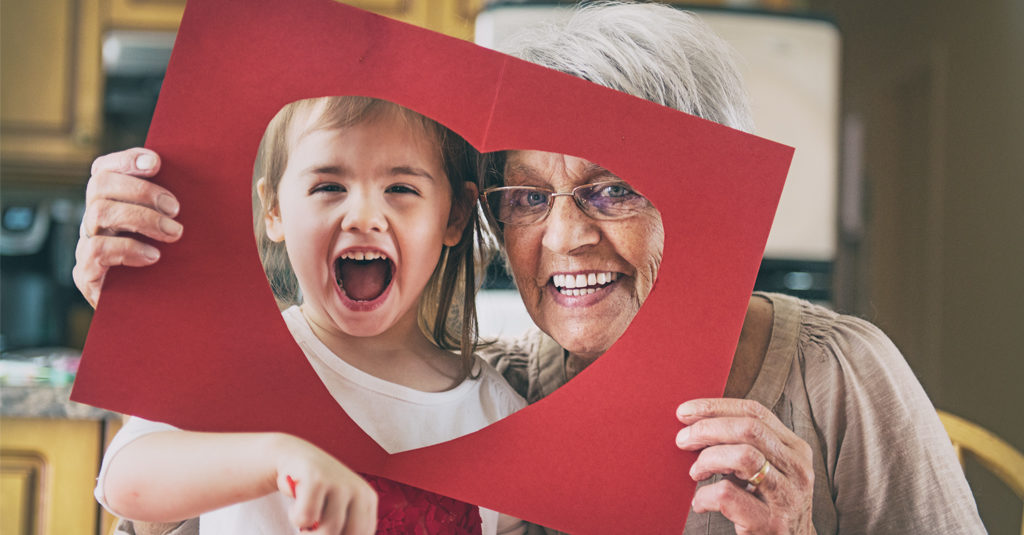In-home care is a safe alternative to nursing homes and long-term hospital stays, allowing you to remain in your home as circumstances change. Consumer Direct Care Network provides Nursing (often called Private Duty Nursing), Personal Emergency Response Systems (PERS), and Medication Dispenser Units through our Nursing division (also known as Nightingale Nursing, part of the Consumer Direct Care Network), and in-home Caregiving services through our Caregiving division.
In-home care services are multi-disciplinary and are available to infants, teens, adults, and the elderly. Services are individualized to support the needs of each person. In-home care is becoming more common to meet the needs of people requiring regular care who wish to remain in their own homes surrounded by family and friends.
As home care grows in popularity, in-home care companies are meeting home care needs by specializing in services including daily medical assistance, care for severe injuries, care during illness, or while recovering from surgery. Licensed nurses and caregivers provide these services in the home making care convenient and comfortable. In-home care is typically less expensive than care received at an outpatient or long-term care facility.
Our Nursing division provides Skilled Nursing for infants, children, adults, the elderly, and those with complex medical needs. Nurses provide an array of in-home supports that are designed to ensure the highest level of independence and help prevent further acute or chronic complications. Examples of services include diabetic management, medication management, brain and spinal cord injury care, chronic wound care, ventilator and tracheostomy management, and urinary/bowel care management.
Caregiving offers a full range of daily care services provided by Personal Care Attendants (PCA) or Certified Nursing Assistants (CNA). The PCA or CNA can assist with daily hygiene, bathing, dressing, mobility, and meal planning/preparation that can include any special diet requirements or eating assistance. In some circumstances, caregivers can help run simple errands, perform light housekeeping, provide companionship, and provide transportation. Quality in-home personal care providers recognize that mental stimulation and human contact is an essential component of remaining healthy in the home.
Personal Emergency Response Systems (PERS)
Personal Emergency Response Systems (PERS) provide increased independence. These systems offer a fast and easy way for older adults, those with medical conditions, and those who live alone to call for help during an emergency. These systems instantly connect an individual to the contacts of their choice in the event of an emergency. Units that auto-detect falls are also available. In-home systems are ideal for those who rarely leave the home, but if you or your loved one leads an active lifestyle, a mobile PERS device is also available. This informative article from AARP can guide you on how to choose a medical alert system.
Medication errors are known to be a common cause of hospitalizations. According to the National Academy Press, these errors are shown to harm nearly 1.5 million patients per year. It can be challenging to follow your doctor’s orders when it comes to taking medications. A Medication Dispenser Unit can provide helpful assistance in managing your medications, help you organize your pills, and remind you when and how to take your medications. Medication Dispenser Units help you stay healthy and safe, so you can continue living on your own.
We can help you determine the level of care required. We collaborate closely with you and your primary care provider to keep you safe and healthy at home. Before you decide on any in-home services or supports, it’s important to inquire about the qualifications of any in-home care providers you consider. All workers should have the proper training, degrees and certifications before providing care. Private duty nursing and caregiving is frequently covered by workers’ compensation and may be covered by private insurance. The Veterans Administration covers caregiving. Depending on your needs for private duty nursing and caregiving, Medicaid may cover your services based on your qualifications.
If you are uncertain which type of care you need, our team of professionals can expertly assist you in choosing the appropriate level of care.
Call us at 866.438.8591 for more information.
